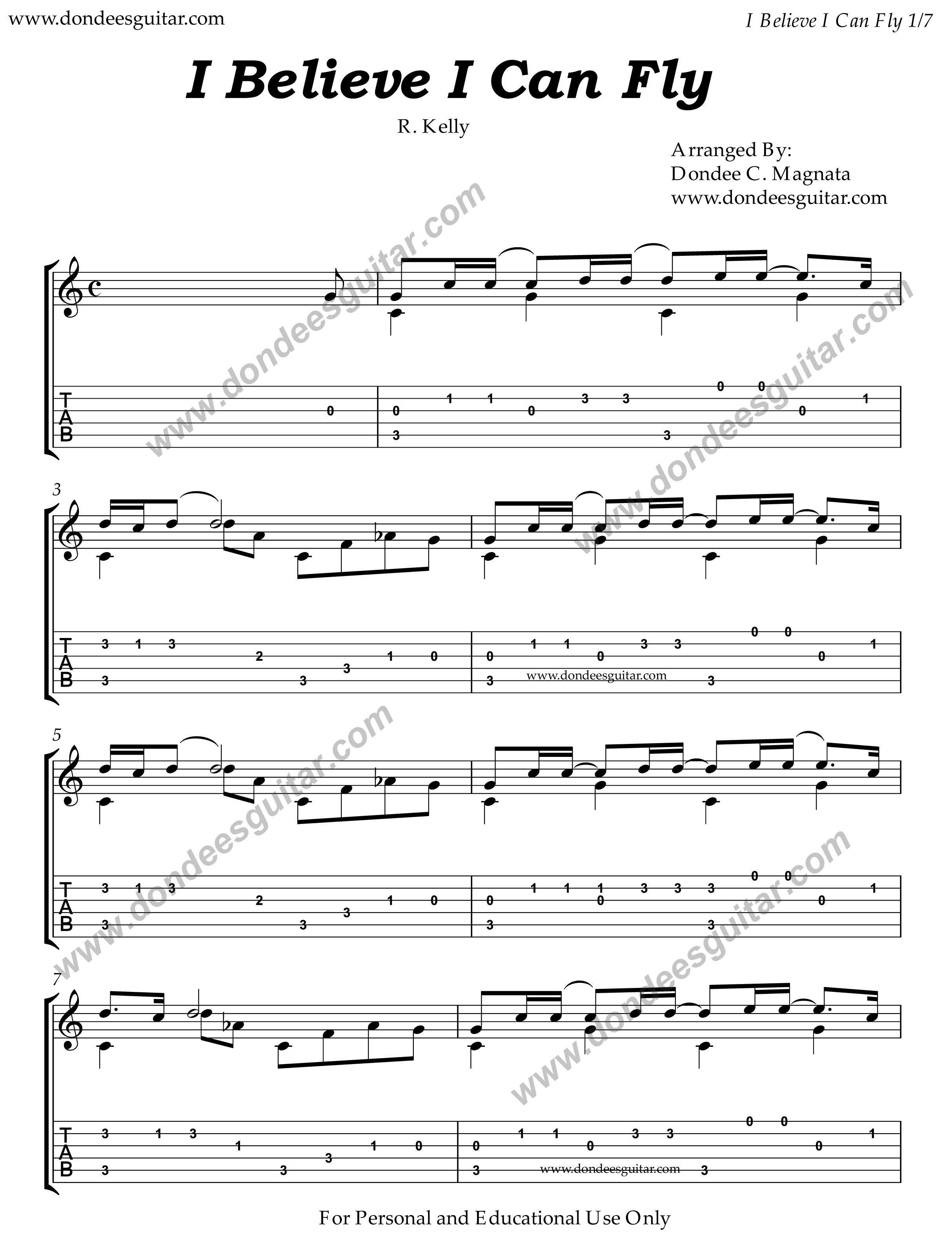
These riches become force multipliers in the vulnerabilities and victimizations that seem to define the industry. These predations are often visited on Black people, since entertainment, especially the recording industry, has traditionally been an alternative pathway to economic mobility for members of excluded and oppressed groups. If the #MeToo movement has taught us nothing, it has revealed how deeply embedded predatory sexuality, drugs and slavery-like exploitation are in the entertainment industry. When I did, I ceased to air it on my show. It was years before I connected “I Believe I Can Fly” with R. They shall mount up with wings as eagles.” At the time I categorized it with a number of songs that echoed a favorite text from the Book of Isaiah: “They that wait on the Lord shall renew their strength. I knew it as a secular song that was being embraced by choirs and music educators.

But I had recently emcee’d a concert by gospel great Dottie Peoples, and it was her version of “I Believe I Can Fly” that I played. An ivory tower academic, I was (and am) lax in my engagement with secular popular culture, and I knew little about Kelly, his stardom and his ugly ways. Kelly’s song “I Believe I Can Fly,” I was spinning records for “The Uncloudy Day,” my weekly gospel music radio show at the radio station where I teach. By Cheryl Townsend Gilkes, Religion News Service


 0 kommentar(er)
0 kommentar(er)
